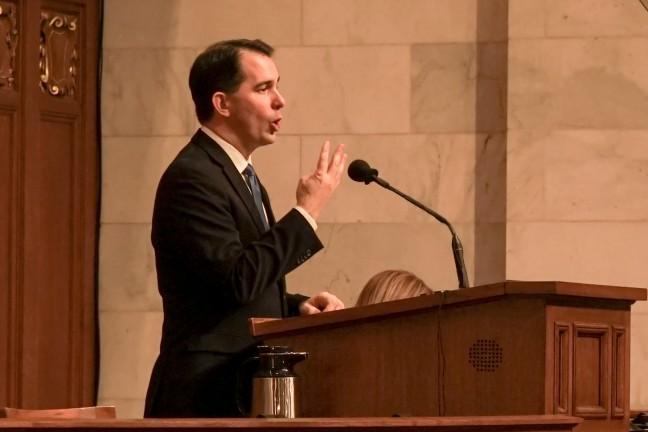The results of the Virginia gubernatorial election should worry Republicans in Congress. While Democrats have dominated all statewide elections in the state recently, the GOP thought they had a chance with former Republican National Committee chairman Ed Gillespie. Gillespie ran for Senate in 2014 and barely lost to incumbent Mark Warner. In that gubernatorial election four years ago, polls overestimated the Democrats. They still won, but narrowly.
This time, the polls underestimated the Democrats. Their candidate, Lieutenant Governor Ralph Northam, led in the RealClearPolitics average by a margin of 3.3 percent. He actually won by a margin of 8.9 percent.
There was a clear swing to the Democrats in the state legislature as well. They gained 15 seats in the House of Delegates. Virginia Republicans dodged a bullet and now control the legislature by a slim majority. Previously, the Republicans controlled it with 66 seats to the Democrats’ 34.
In his reaction to the results, Speaker of the House Paul Ryan said implementing tax reform is important to growing the economy and maintaining a Republican majority. His colleagues in Congress should take notice. They were elected for a reason and it wasn’t to argue and do nothing.
For the most part, midterm elections are referendums on the president. In his analysis of the 2014 Senate races, RealClearPolitics writer Sean Trende paid attention to President Barack Obama’s approval rating. He found that the lower the rating, the greater the number of victories for Republicans. On the day of the election, Obama had an approval rating of 44 percent. As his model predicted, it translated into nine victories for the GOP.
President Donald Trump’s approval rating average is under 40 percent, which is dangerously low for Republicans. This is primarily because Trump and the Republican Congress haven’t achieved any legislative victories. The announced retirements of several Republican senators isn’t good news either, as it makes it easier for Democrats to regain power. If the GOP wants to avoid a massive defeat in 2018, then they need to do what they promised.
The health care debate was catastrophic. You can blame moderates like U.S. Sen. John McCain, R-Arizona, and U.S. Sen. Susan Collins, R-Maine, or you can blame conservatives like the members of the House Freedom Caucus, but either way — all Republicans lose. Many conservatives were disappointed in the failure of repealing and replacing Obamacare. That’s why Ryan is correct when he says Congress needs to get on with tax cuts.
Part of the problem is Trump himself. By running on a highly populist platform in which there would be a lot of “winning,” he set high expectations. These expectations faced inexorable political realities as soon he wielded real power.
Then there’s the history. While losing in midterms is not inevitable, it is true that the party holding the White House is likely to face many defeats in the states. The Democrats lost control of the House of Representatives in 2010 and the Senate in 2014. Now the Republicans face their own immense challenge.
Implementing tax reform can change everything for the GOP, but that means there needs to be more unity. Other opportunities include delivering more of the populism Trump called for during his campaign in order to help blue-collar Americans. The president said he wants an infrastructure bill. Even though it will require a sharp spending increase, it could help improve the economies of rural areas.
If the Republicans have no domestic achievements and don’t repair their image by November 2018, then expect U.S. Sen. Tammy Baldwin to be re-elected in Wisconsin. Though he isn’t part of the federal government, Governor Scott Walker could be in trouble too. Virginia proved that gubernatorial races can also be attached to Trump and the Republicans in Congress.
Currently, Wisconsin Republicans hold majorities in the Assembly and the State Senate, but that could change. Democrats are paying more attention to races in state legislatures where they usually lost: over the last eight years, they lost over 1,000 elections. If the elections in Virginia’s House of Delegates is a sign of what’s to come, then Republican legislative control in the Badger State might not be guaranteed next year.
The election in Virginia is a bad omen, but it does not have to be the start of a domino effect. The Democrats are organizing and trying to pick up momentum. The best way to stop them is with the passage of policies that will benefit the American people.
John Graber (jgraber3@wisc.edu) is a senior majoring in history and political science.


